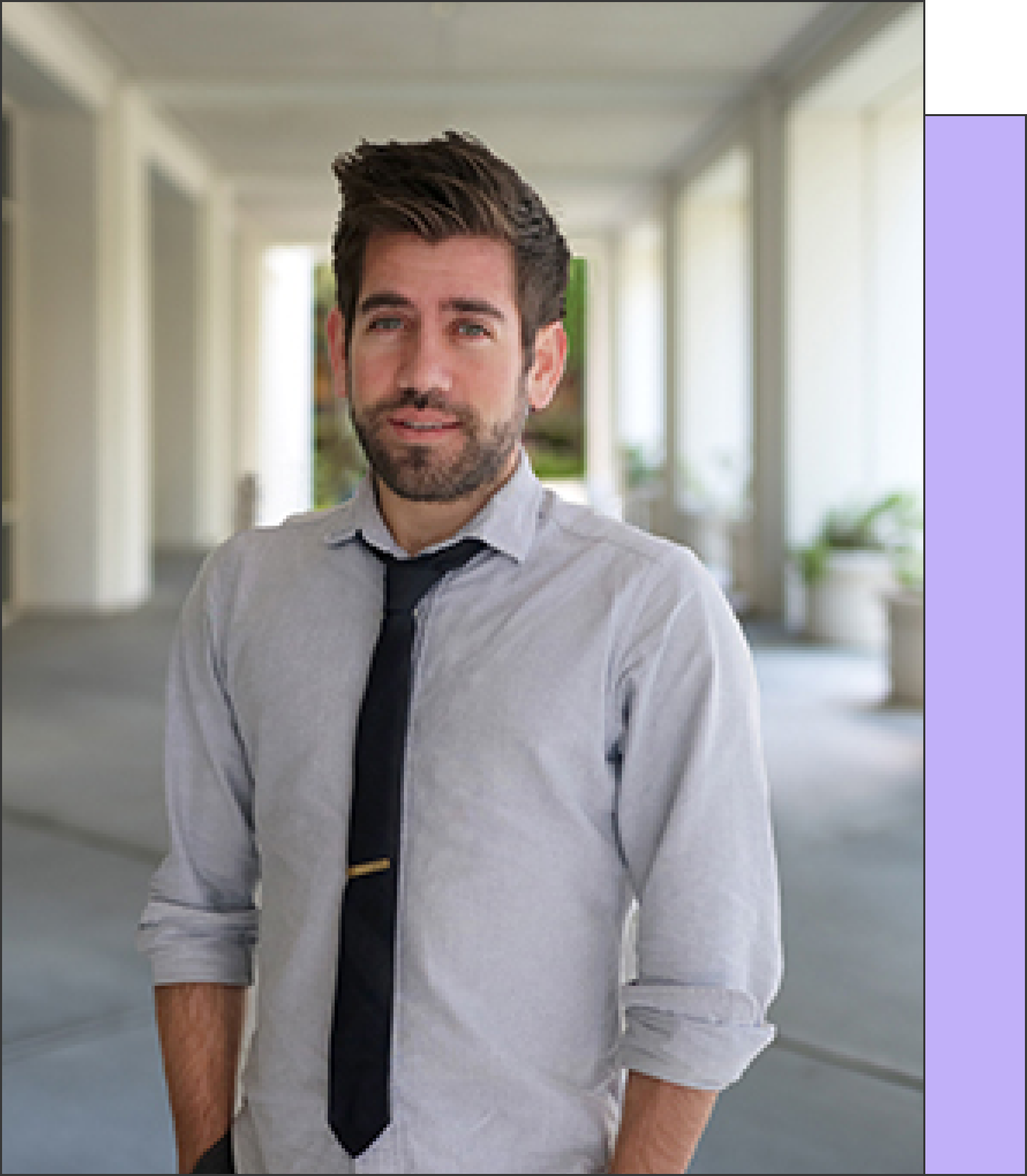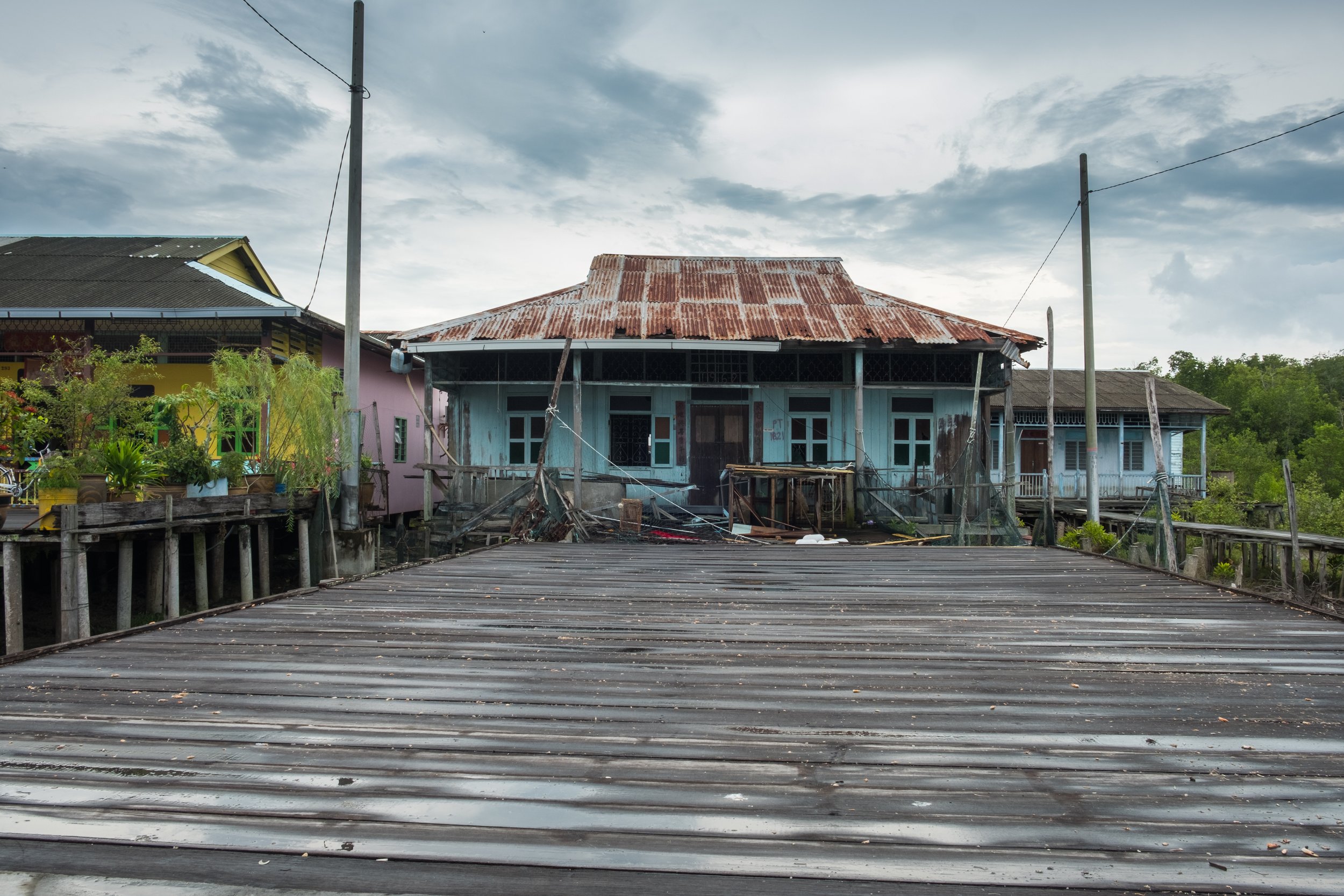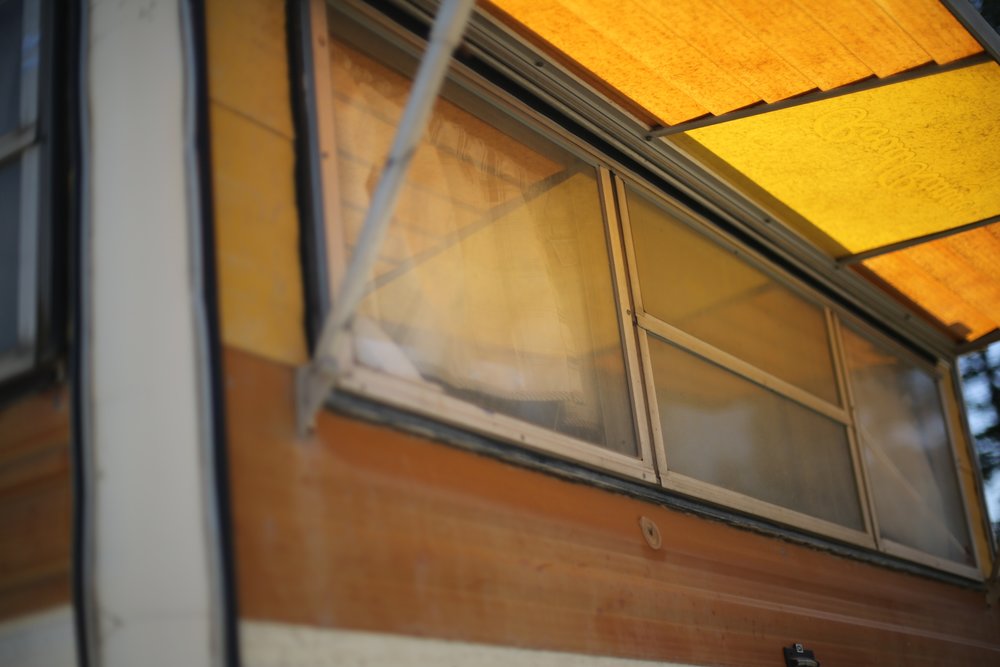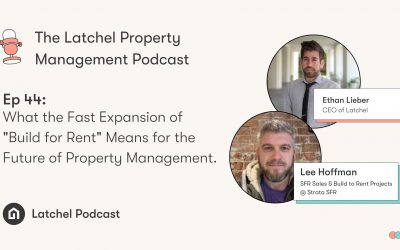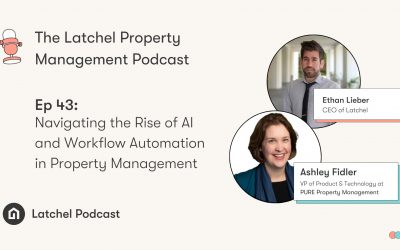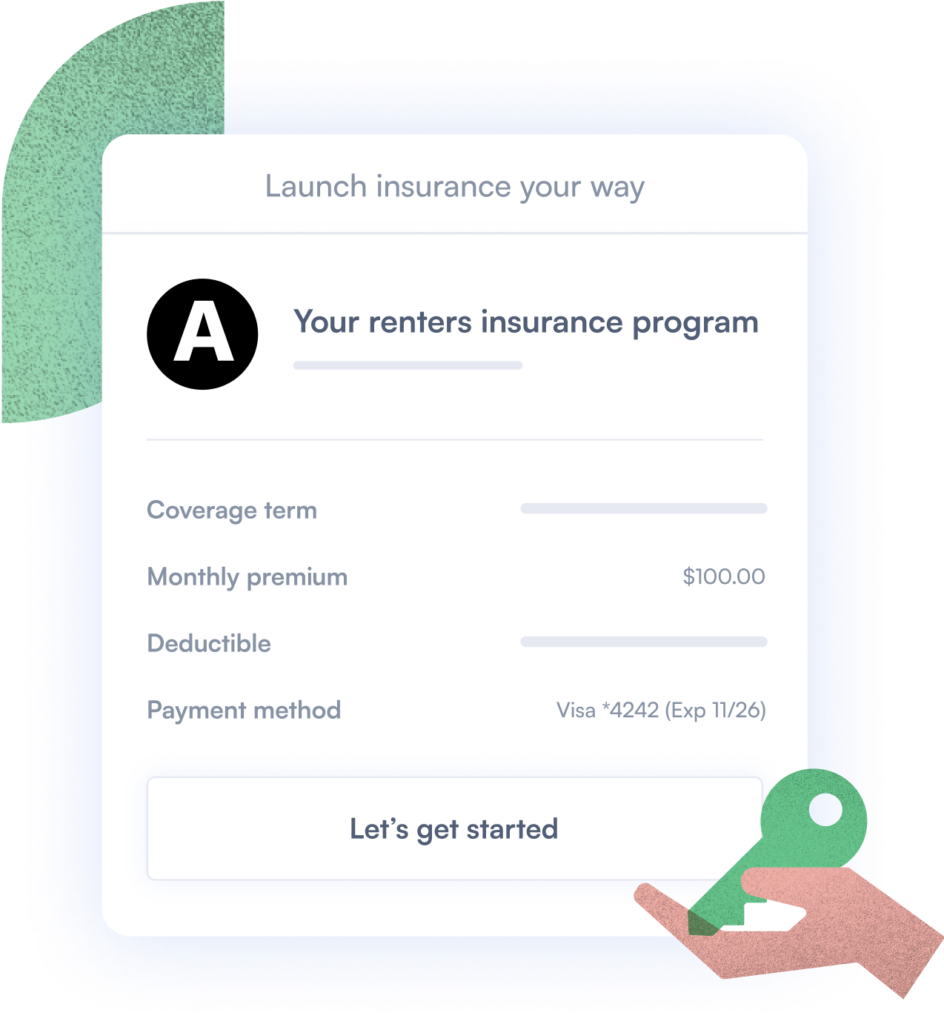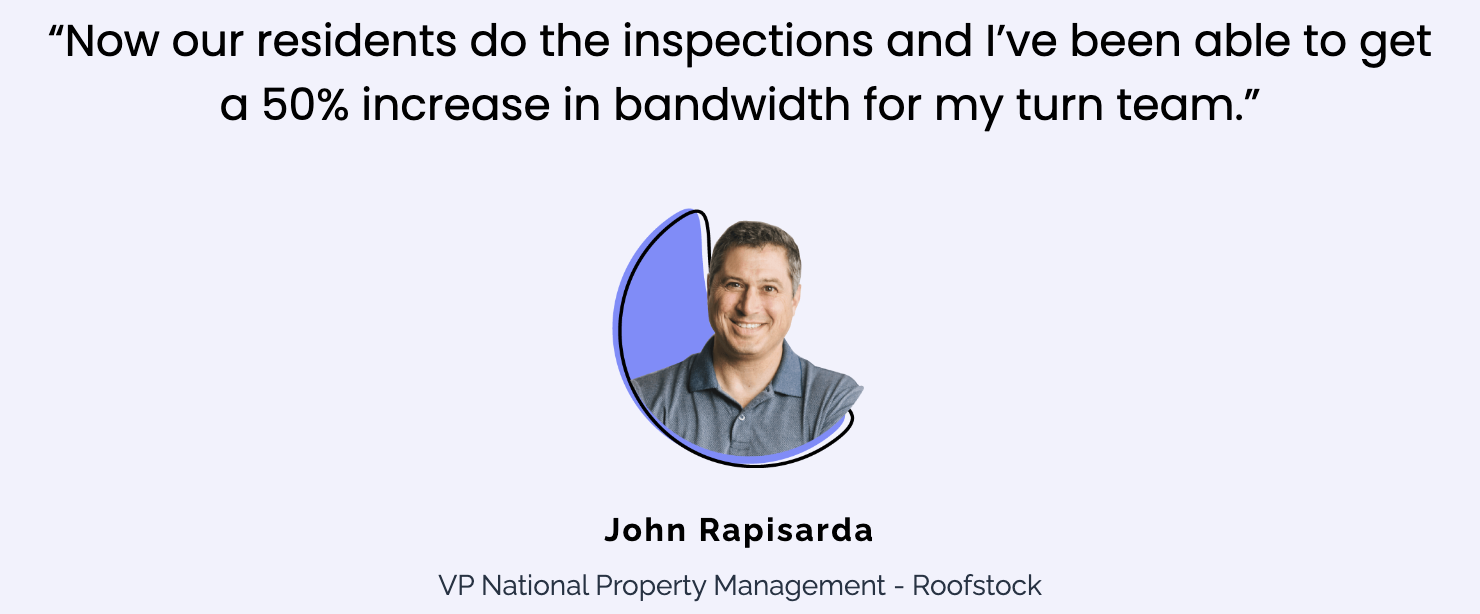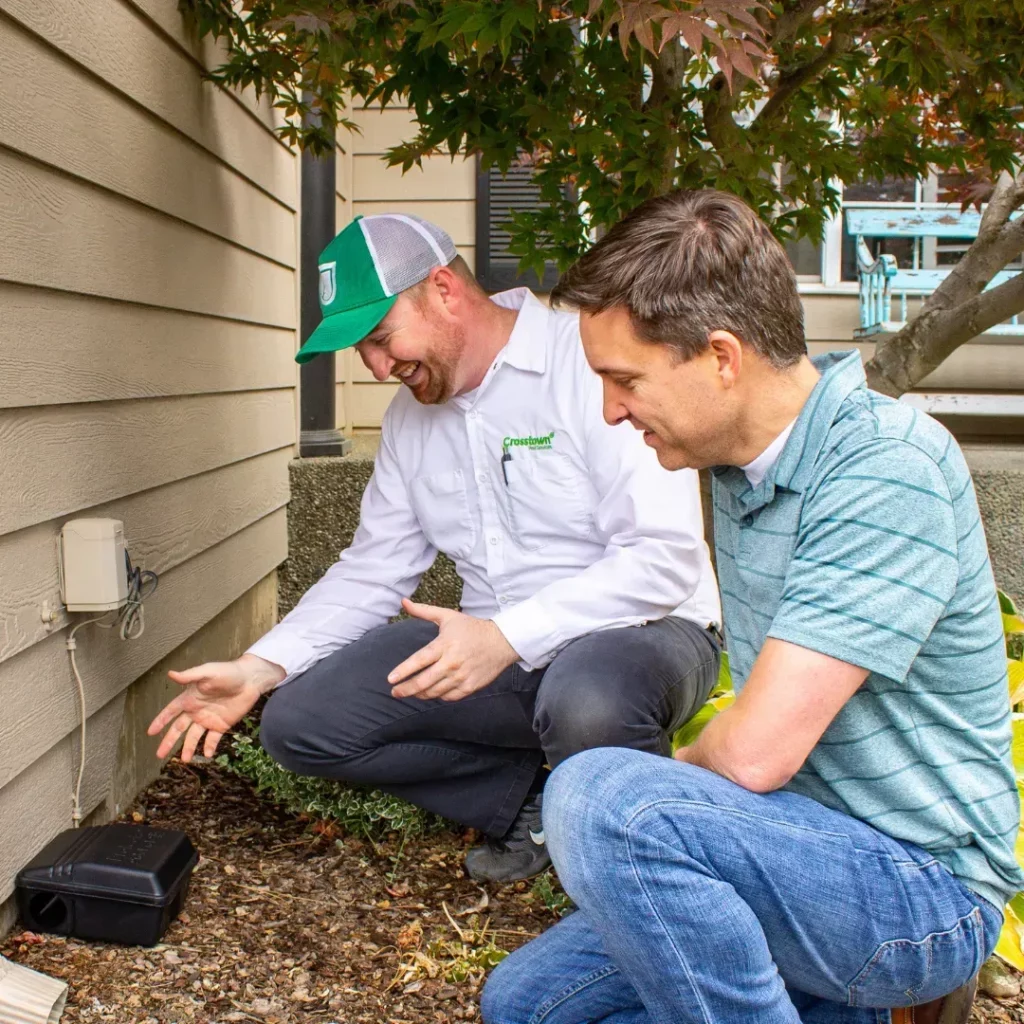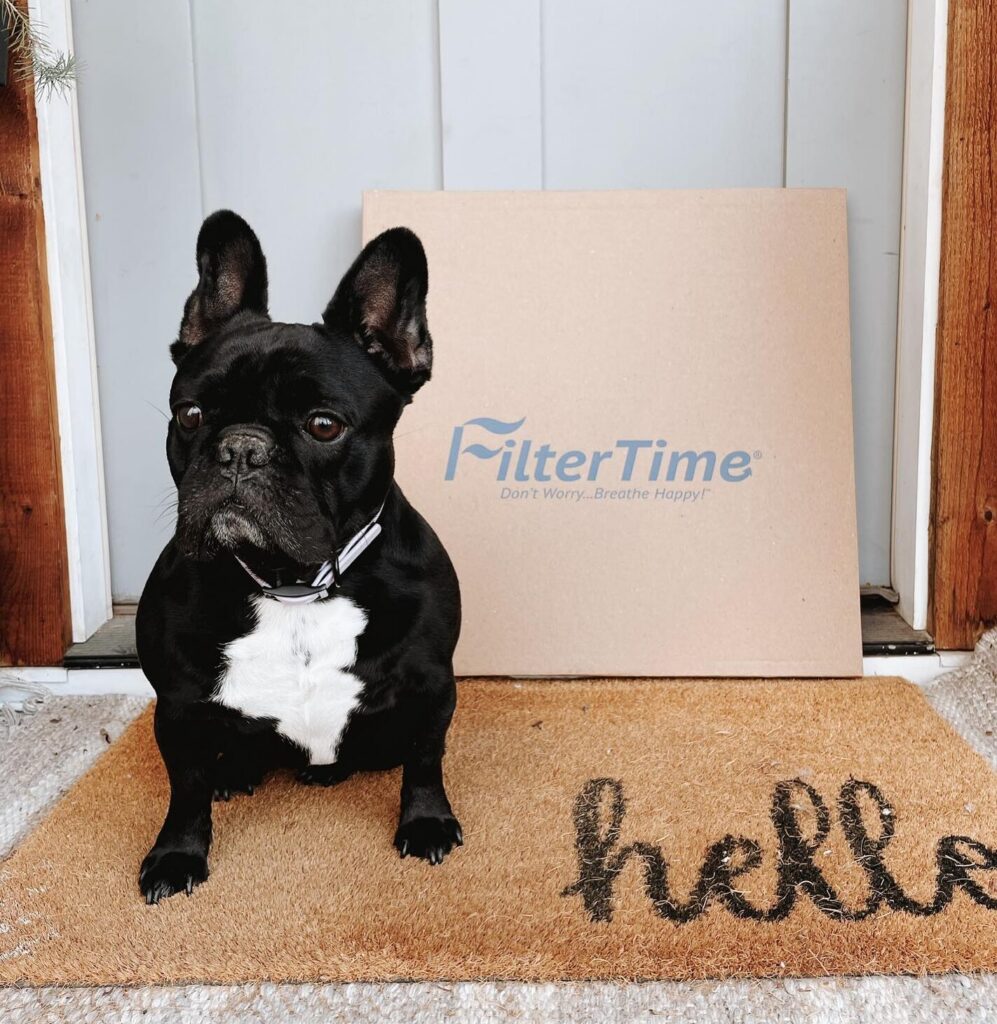Investing in Foreclosed Homes
Homes that were foreclosed on during the downturn are rising in value at a breakneck speed, much faster than the normal U.S. home.
The median crisis-era foreclosed home increased 10.3percent in value over the last year, versus only 6.5percent for the median dwelling general in the U.S., according to a new analysis from real-estate site Zillow.
In most markets, foreclosed houses are now worth more than previously. Since the downturn, these houses have increased 74.5percent in value, while the normal U.S. home only gained 46 percent in value. Granted, foreclosed houses dropped more substantially in value throughout the recession — and they are still generally worth less than the standard U.S. home. The median home value one of foreclosed houses was $207,000, versus $216,700 among all houses.
“When the housing market triggered a decade ago, houses that went into foreclosure dropped hard — their worth dropping substantially more than houses that didn’t encounter a foreclosure,” Zillow senior economist Aaron Terrazas stated in the report. “But markets won’t ever overlook a deal, and for a lot of their economic recovery, houses with a history of foreclosure have been a bargain. This remains so now, although somewhat less than a year ago.”
The Zillow report also examined that has benefited from the growth in the value of foreclosed homes, and who’s worse off for this. By and large, the winners in this scenario are real-estate investors that bought foreclosed homes at a substantial discount and turned them into leases. Not only have their possessions increased substantially in value, but they also reaped the benefits of rising rents as thousands of foreclosed families were made to enter the rental market to acquire housing.
Those very same factors made things worse for the low-income Americans who made up the vast majority of households that fell into foreclosure during the catastrophe. Loose lending criteria allowed many of those people to buy houses, predominantly from the bottom-third of this marketplace concerning home value.
The first waves of foreclosures drove down the value of those entry houses, pushing many homeowners to negative equity, meaning that they owed more on the loan compared to what their home was worth.
Since that time, these foreclosed homeowners haven’t only missed on the cost appreciation their former possessions have experienced, but in addition they have been burdened by the skyrocketing cost of lease through the years. This, Zillow argued, has resulted in a widening in the prosperity gap throughout the country.
But recent data indicates the reverse is true — which could have significant implications in the drive for increased affordable housing nationwide.
Investing In Mobile Homes
The house price index for manufactured homes (also called mobile homes) featured an average yearly growth rate of 3.4%, versus 3.8percent for conventional, site-built homes.
But that trend isn’t always easy to see, because manufactured home is more popular in areas of the nation where the general recovery in the housing crisis has been less robust. As an example, California represents nearly 18 percent of the country’s overall housing market, but it contains only 4 percent of the manufactured housing market based on the amount of units shipped.
Because manufactured homes generally are not highly concentrated in housing markets which have recovered from the catastrophe, it creates the impression that these homes’ values do not appreciate at the same rate as conventional houses. In fact, this is more a reflection of where the houses are located than the kinds of homes.
Comparatively, Alabama, Florida, Louisiana, North Carolina and Texas represent 41 percent of the manufactured-housing marketplace, but have undergone price appreciation under the national level.
But most homeowners who fund the purchase of a manufactured home do not get a conventional mortgage because they simply have the structure rather than the land under it.
Instead, they typically receive a chattel loan — a private loan which is more similar to a auto loan than it’s a mortgage. Chattel loans are pricier than mortgages and typically include higher rates of interest.
It’s not clear if the report’s findings apply to homes bought with chattel loans also. Regardless, it is a strong sign that mobile homes might be a worthwhile investment.
There are a number of drawbacks to manufactured homes. If a mobile-home owner does not own the property they will clearly have to rent it and these costs can grow over time. What is more, these homes are not actually mobile typically, regardless of the frequent moniker. Because of this, if property rents get too costly or if the property’s owner decides to sell, homeowners may be made to sell and move their home, whatever price they could get for their dwelling.
The houses also are more vulnerable to damage in natural disasters such as hurricanes and tornadoes. Since many owners buy their mobile homes in money, insurers often just offer”actual cash value” policy for those properties as opposed to covering the replacement value.
Source: Marketwatch
